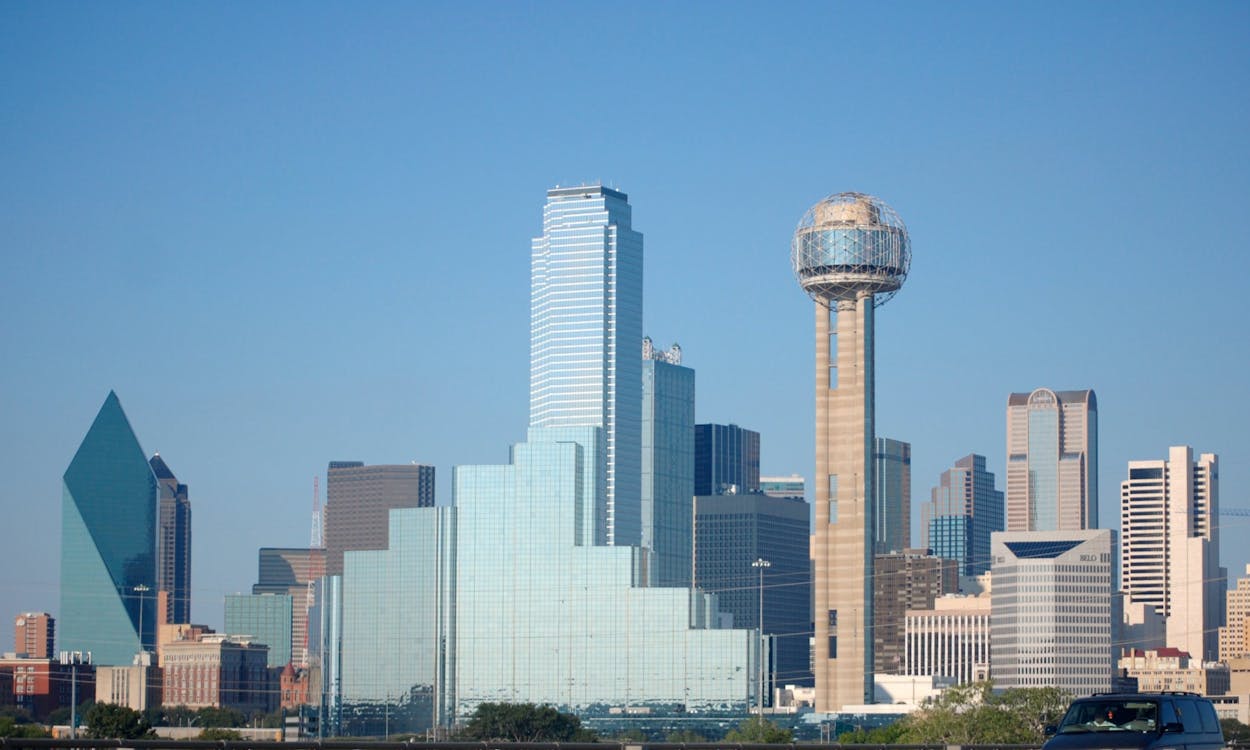Dallas’ streets are mean, literally. The roads are in shambles, so much so that Mayor Mike Rawlings has gone on record saying that it will take decades to fix them, adding that Dallas has to “strategize how we live in the new normal in the city.” Essentially, Dallasites will have to suck it up and learn how to navigate the terrible roads, and if their vehicle gets damaged by a pothole or something, oh well, the city won’t reimburse you.
This year, Dallas is going to attempt to keep the ramshackle roads stagnant, at least, by spending $40 million to make sure the situation doesn’t get any worse. Over the course of the year Dallas will fix 619 lane miles, which is a considerable increase from last year’s 532. The plan, according to Dennis Ware, the director of street services, is to have the citywide streets satisfaction rating at 74.2 percent by September 30. In January of last year, the street satisfactory rating was 76.1 percent, a rating that dipped slightly to 74.2 percent by September 30. So in a full year, Dallas will have hopefully kept the roads exactly as bad as they were the year before. This is a large drop from the 87 percent city wide satisfactory rating goal set by city council in 2006.
But there is at least a sliver of hope for an increase in the street quality in Dallas. Next year a bond program will be introduced that is expected to be set between $900 million and $1 billion. The bulk of this will go towards street repairs, perhaps 65 percent, but it is estimated that in order to repair the streets significantly for the long term, it would cost $900 million, i.e. the entire bond package. That’s probably not going to happen. Dallas city councilman Philip Kingston took to Facebook late last year to extol the virtues of using the bond to take care of what he calls a decaying city. “This city must take care of the basics. Streets signals, sidewalks, drainage, parks. The stuff we already own. We can’t afford much else,” Kingston wrote. He added: “The mayor says we need to do basics plus shiny objects. He’s dead wrong. Basics only. Stuff we already own. Stuff you use every day.”
In a State of the City address that took place a day later, Mayor Rawlings fired back at Kingston’s sentiment. “You will hear people say this is a rotting city. These people want to pull in their horns and hunker down and fix the basics,” he said, adding that “anyone that argues with that doesn’t understand why people pick up and bring their families here.”
During the speech, Rawlings also said that Dallas’s biggest losses have come from not being ambitious enough—like letting the Cowboys settle in Arlington—but praised economic developments in a number of neighborhoods. “What other city can compete with what we have to offer?” Rawlings asked. The short answer is, perhaps, cities with decent roads.
Rawlings has also been a very vocal proponent of a privately funded bullet train from Dallas to Houston, which would have a ticket fare that’s the exact same as a flight. Reading in between the lines reveals that Rawlings is supportive of the project based on the fact that the train can go really, really fast. That’s a point of pride rather than practicality. When Vice President and noted train enthusiast Joe Biden stopped by Dallas last September to endorse the project, he asked: “How can you be the leading country in the world with a second-rate infrastructure?”
Well, it seems like Dallasites have an answer to that question. Last year, city hall conducted a survey in which 1,509 people voted that street repair is the number one priority, more than concerns about police or economic development. Even though that is just a fraction of Dallas’ population, voting and otherwise, it’s a peek inside what residents are thinking. Namely, that they want better roads.






